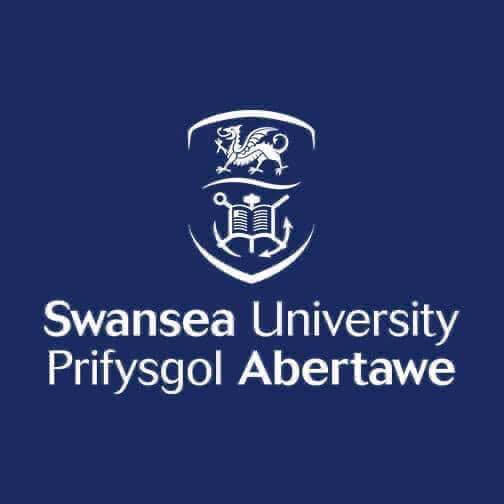fees waived
Biochemistry, BSc (Hons)
Swansea University, United Kingdom
Ranking in UK
Biomedical Science
Physical Chemistry
Chemistry
Costs
food & rent S$18.4k / year
Entry requirements
Scholarships
Limited quantity
Limited quantity
Limited quantity
Information
Code
Code
Intakes
Website (External)
Programmes
Information
Duration
2029
Biochemistry plays a vital role in understanding diseases, developing pharmaceuticals, and exploring environmental interactions. This BSc programme delves into the chemical processes within living organisms, from molecular and sub-cellular levels to the functions of bacteria, plants, animals, and humans. Students gain in-depth knowledge of biochemical mechanisms while developing skills in project management, experiment design, and independent research. In the final year, participants undertake a guided research project using state-of-the-art facilities, such as DNA analysers and supercomputers, supported by expert staff engaged in diverse research fields.The curriculum begins with foundational modules in genetics, chemistry, metabolism, and microbiology, progressing to advanced topics like metabolic regulation, molecular biology techniques, and bioinformatics. Assessment includes examinations, coursework, practicals, presentations, and innovative methods like online assignments and posters. Graduates are equipped for careers in pharmaceuticals, biotechnology, agrochemicals, and food industries, with opportunities enhanced through research talks and collaborations.
A local representative of Swansea University in Singapore is available online to assist you with enquiries about this course.

